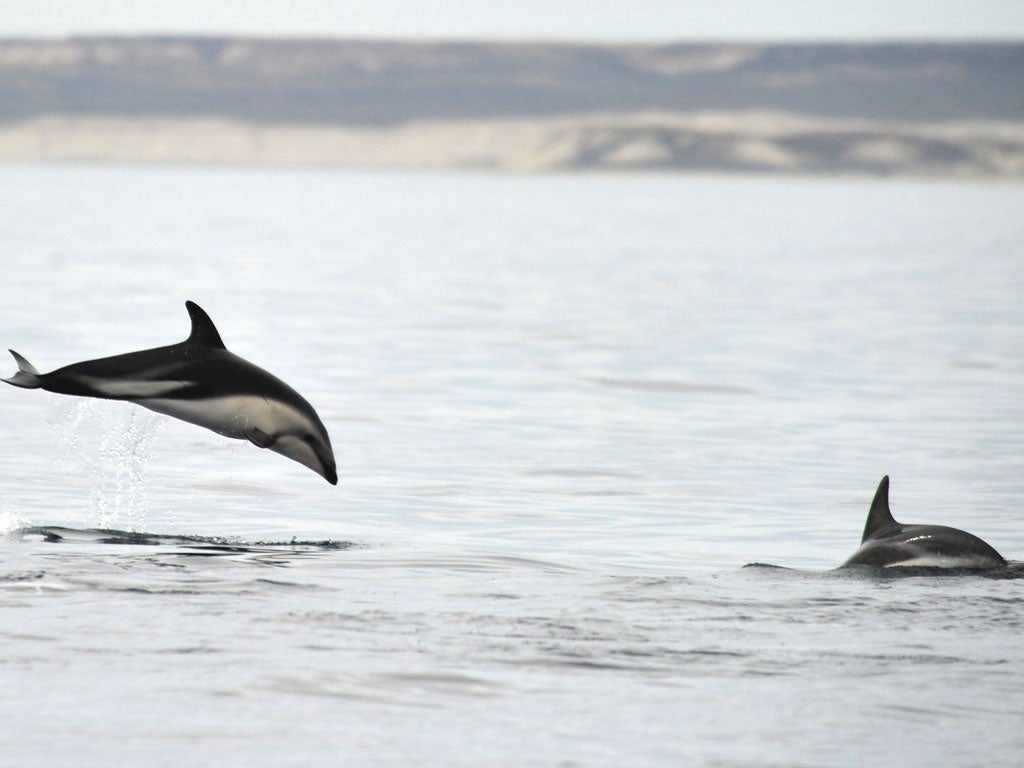Proposed bill of rights for whales and dolphins

Marine biologists and philosophers have joined forces to support a controversial declaration of rights for whales and dolphins because their astonishing intelligence and emotional empathy makes them equal to humans.
Research into the complex behaviour of cetaceans has claimed that these sea mammals are so highly evolved and complex in terms of their behaviour that they deserve special protection with a universal bill of rights.
Dolphins and whales have complex vocal communications and are able to learn an astonishing variety of behaviours. The proponents of the bill of rights argue the cetacean mind is so advanced and self-aware that whales and dolphins should be classified as "non-human persons", deserving the right to life, liberty and well-being.
"A person needs to be an individual," said Tom White, who is a philosopher at the Hilton Centre for Business in Los Angeles.
"If individuals count, then the deliberate killing of individuals of this sort is ethically the equivalent of deliberately killing a human being.
"We're saying the science has shown that individuality, consciousness, self-awareness is no longer a unique human property. That poses all kinds of challenges."
The declaration of rights for cetaceans states that every individual dolphin, whale and porpoise has the right to life and liberty and that not only should they not be killed by hunting, but none should be kept in captivity or servitude or subject to cruel treatment.
It states that no cetacean can be the property of any individual or government and calls for the legal protection of their natural environment and a ban on any activity that disrupts their "cultures", which could include underwater military sonar that disturbs their acoustic communications.
Join our commenting forum
Join thought-provoking conversations, follow other Independent readers and see their replies
Comments
Bookmark popover
Removed from bookmarks